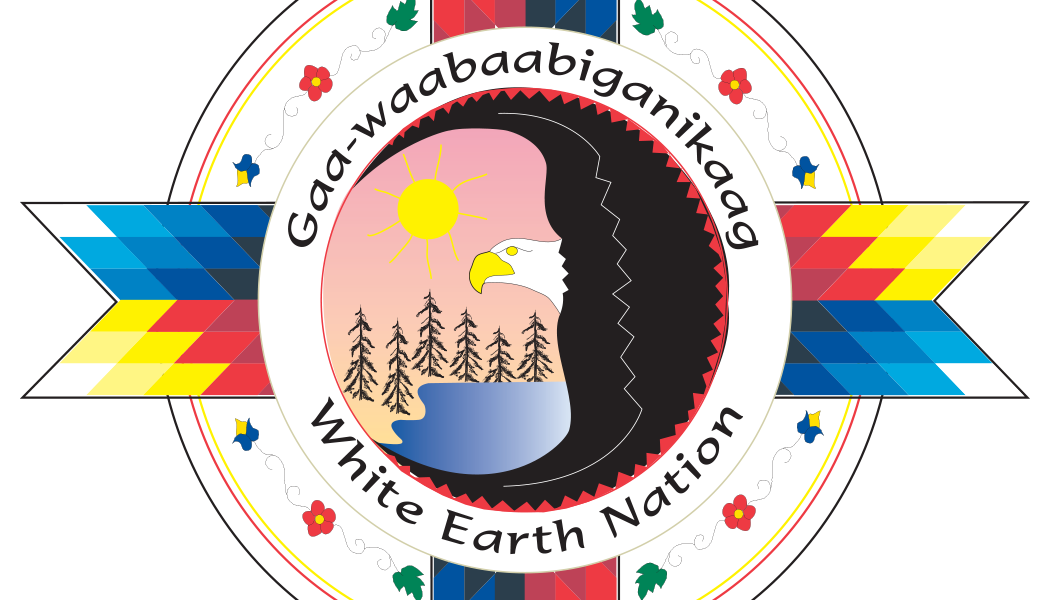White Earth Chairman Michael Fairbanks leads by example. He recently received his second COVID-19 vaccine dose. He feels good. He feels safe. Or in his words, safer. Now, he wants to make sure others in White Earth do the same.
I think that’s one thing I know I promote even today to all Community band members, and also Community members to get your vaccine. Listen to your doctors, don’t listen to social media because social media has so much negativity on there about the vaccine,” said Fairbanks.
White Earth has vaccinated 4,600 people, and 1,500 of them have received the recommended second dose. Impressive, but another statistic brings a smile to Fairbanks’ face – nearly all people 65 and older have been vaccinated. Elders are the most vulnerable, he said, and it’s a priority to protect them.
“If our grandkids want to sit on grandpa’s lap or grandma’s lap, it’s important that grandma and grandpa get vaccinated. That’s what’s working for us on why we have 87 percent of our elders over 65 are vaccinated. Those are numbers I’m proud of, I’m proud of our elders, they ramped it up, they said they want to see their kids and their grandkids too,” said Fairbanks.
White Earth is one of seven Ojibwe bands in Minnesota, and is in the northwestern part of the state. It’s big. It encompasses Mahnomen County and stretches into two other counties. Mahnomen County has one of the highest vaccine rates, according to the state health department.
The land is what Fairbanks calls a checkerboard with tribal land and plots of private land. This means many people that live on the reservation aren’t necessarily Native. But it also means any reservation resident has an option to get vaccinated through the tribe’s public health department. Fairbanks credits the department, and its staff for working hard to get people vaccinated.
“Community-based healthcare model is that we get to have multiple areas here on the rez. Last Friday, we had Mahnoman, we had White Earth community, we had Naytahwaush, we had Elbow Lake. We had four places where we had our nurses spread out doing vaccinations so that just tells you that our healthcare is fabulous up here in White Earth. We are doing a great job,” said Fairbanks.
Also this week, the largest organization to advocate on behalf of 574 federally recognized tribes met virtually for its executive winter session.
National Congress of American Indians President Fawn Sharp delivered her second State of Indian Nations. Sharp asked the Biden administration for a “swift and comprehensive approach to COVID-19 relief and recovery.” NCAI is seeking $20 billion in additional federal relief for tribes, and flexibility in spending rules. Last year, Congress allocated $8 billion to tribal governments via the CARES Act.
“Every single exhausting day, tribal nations are demonstrating we know best on how to care for our own people. From vaccinating our Native language speakers and elders first to providing nourishment to food insecure Native families who have lost jobs and income,” said Sharp.
Dalton Walker reporting for Minnesota Native News



 Samsoche Sampson’s Gift for Hoop Dancing and Cultural Artistry
Samsoche Sampson’s Gift for Hoop Dancing and Cultural Artistry